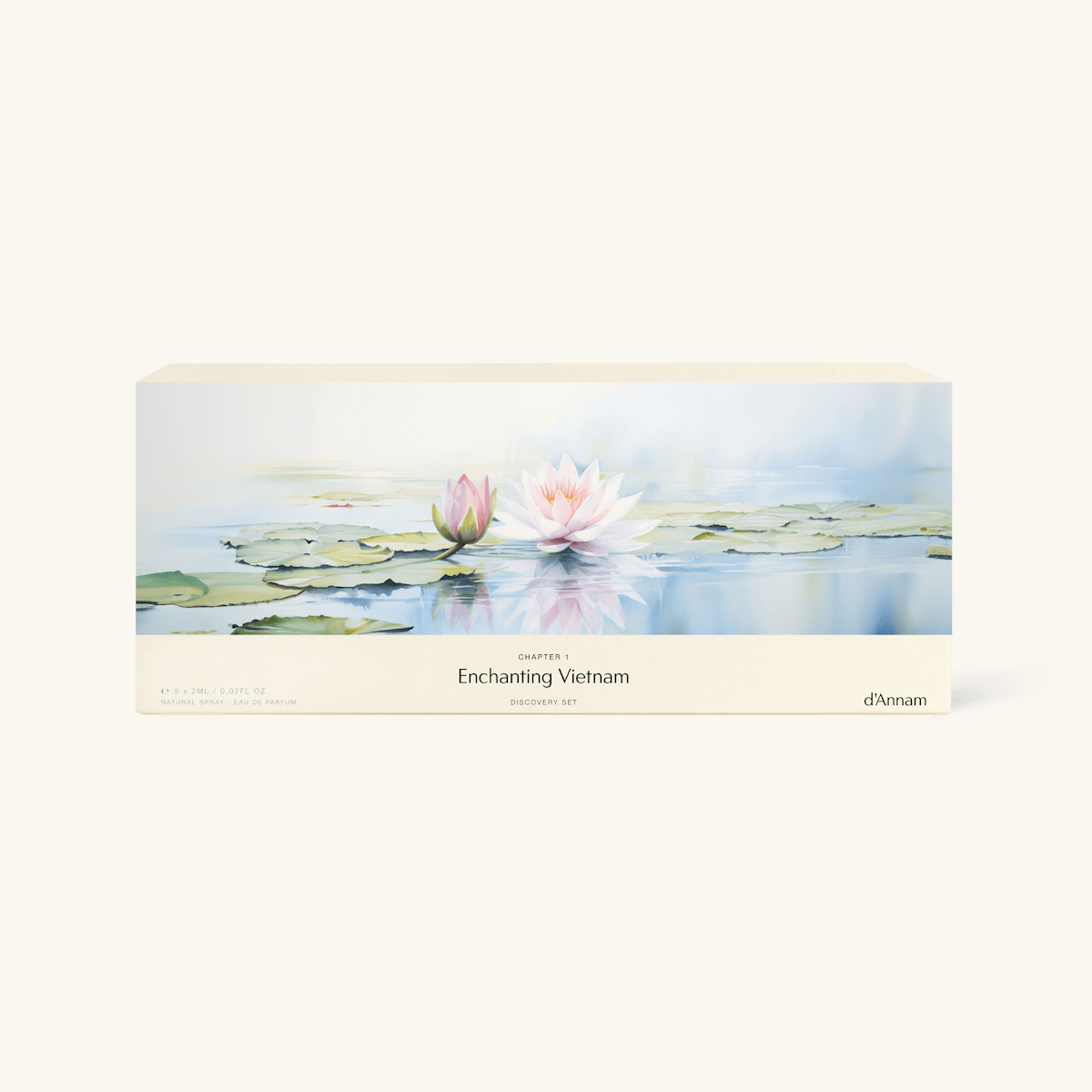In our fast-paced and increasingly hectic world, finding moments of peace and tranquility can seem like a daunting task. This is where the ancient practice of Zen and its cornerstone technique, meditation, can offer us solace. In this article, we will explore the essence of Zen, delve into the art of meditation, and discover how this practice can help us cultivate presence and stillness amidst the chaos. Let's embark on a journey of self-discovery and inner peace.
Understanding Zen: A Path to Mindfulness
Zen is a school of Mahayana Buddhism that originated in China and later spread to Japan. At its core, Zen emphasizes direct experience and the awakening to one's true nature. It invites us to engage fully with the present moment, free from distractions and mental chatter. Here are key principles that form the foundation of Zen:
1. Mindfulness
Zen encourages the practice of mindfulness, which involves cultivating an aware and non-judgmental presence. By training our minds to focus on the present moment, we can develop a deeper understanding of ourselves and the world around us.
2. Simplicity
Zen advocates for simplicity in all aspects of life. By embracing minimalism and letting go of unnecessary attachments, we can find freedom and clarity.
3. Non-Attachment
Zen teaches us to let go of our attachments and desires, recognizing that they are often the root cause of suffering. By releasing our grip on outcomes and embracing the impermanence of life, we can find peace within ourselves.
The Art of Meditation: A Path to Stillness
Meditation is the primary practice in Zen that enables us to cultivate presence, stillness, and self-awareness. It involves training the mind to focus and redirect thoughts, ultimately leading to a state of deep relaxation and inner clarity. Here are essential aspects of the art of meditation:
1. Posture
Find a comfortable posture that allows you to sit with a straight spine. This could be cross-legged on a cushion or chair, ensuring your body is relaxed yet alert.
2. Focus on the Breath
Direct your attention to the natural rhythm of your breath. Observe the inhalation and exhalation, allowing it to become the anchor for your awareness. When thoughts arise, gently bring your focus back to the breath.
3. Non-Judgmental Awareness
As you meditate, thoughts and emotions may arise. Practice non-judgmental awareness by observing these thoughts without getting caught up in them. Allow them to come and go, maintaining a sense of detached observation.
4. Cultivating Stillness
Through consistent practice, meditation helps calm the mind and cultivate a sense of stillness. As you become more adept at letting go of distractions, you can experience moments of profound clarity and peace.
Integrating Zen into Daily Life
While formal meditation is a core practice in Zen, the principles of Zen can extend beyond the meditation cushion and into our everyday lives. Here are practical ways to integrate Zen into your daily routine:
1. Mindful Activities
Bring mindfulness to everyday activities such as eating, walking, or washing dishes. Engage fully in each action, savoring the sensations, and being fully present.
2. Creating Space
Set aside dedicated time each day for reflection, meditation, or simply being alone with your thoughts. This allows for introspection and self-discovery.
3. Simplify Your Environment
Declutter your physical space and create an environment that promotes simplicity and clarity. A clean and organized space can contribute to a calmer mind.
4. Letting Go of Attachments
Practice non-attachment by letting go of expectations and desires. Embrace the present moment as it is and find contentment in what you have rather than constantly seeking external validation.
5. Compassionate Action
Extend the principles of Zen into your interactions with others. Practice kindness, compassion, and deep listening, cultivating genuine connections and fostering harmonious relationships.
Conclusion
In the midst of our busy lives, the practice of Zen and meditation can provide a sanctuary of stillness and self-awareness. By embracing the principles of mindfulness, simplicity, and non-attachment, we can cultivate a deeper sense of presence and find inner peace. Whether through formal meditation sessions or the integration of Zen principles into our daily activities, let us embark on this transformative journey towards greater clarity, serenity, and fulfillment.










